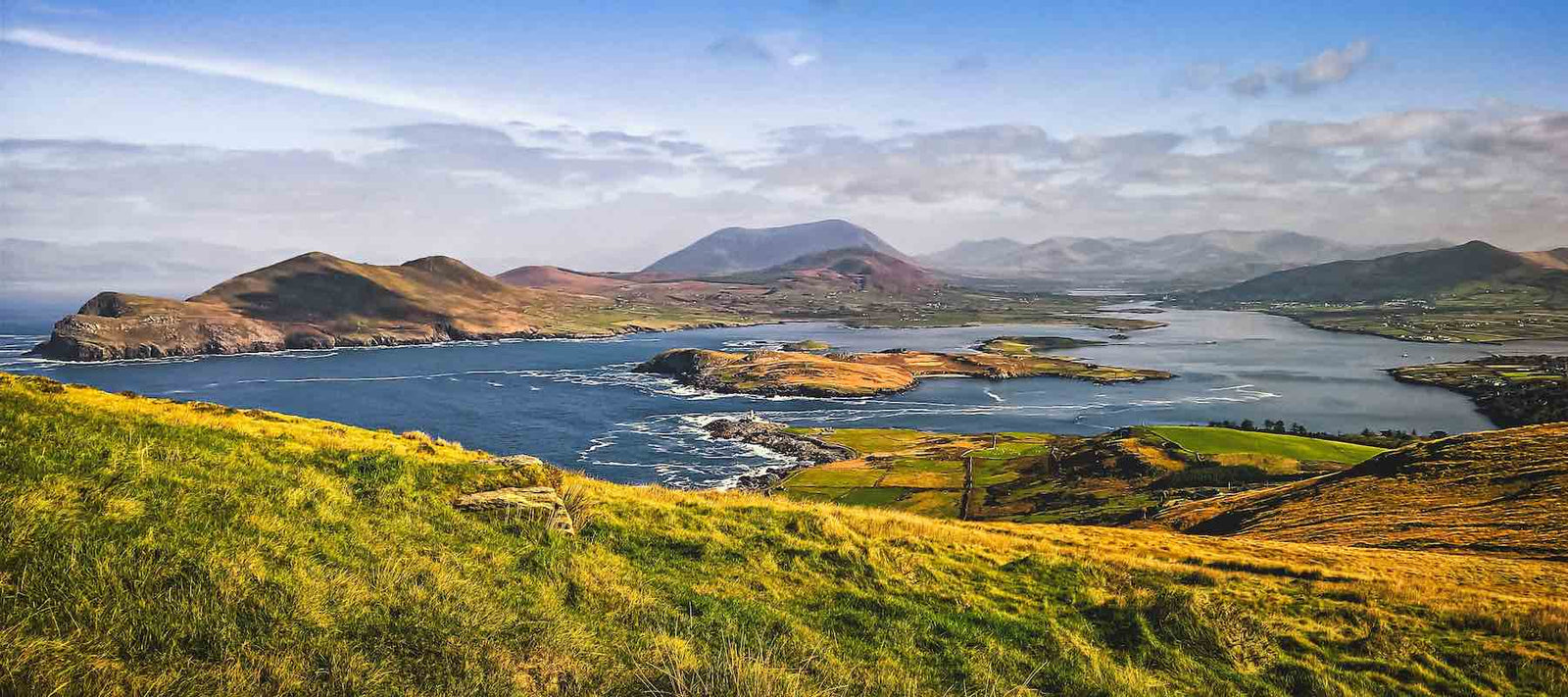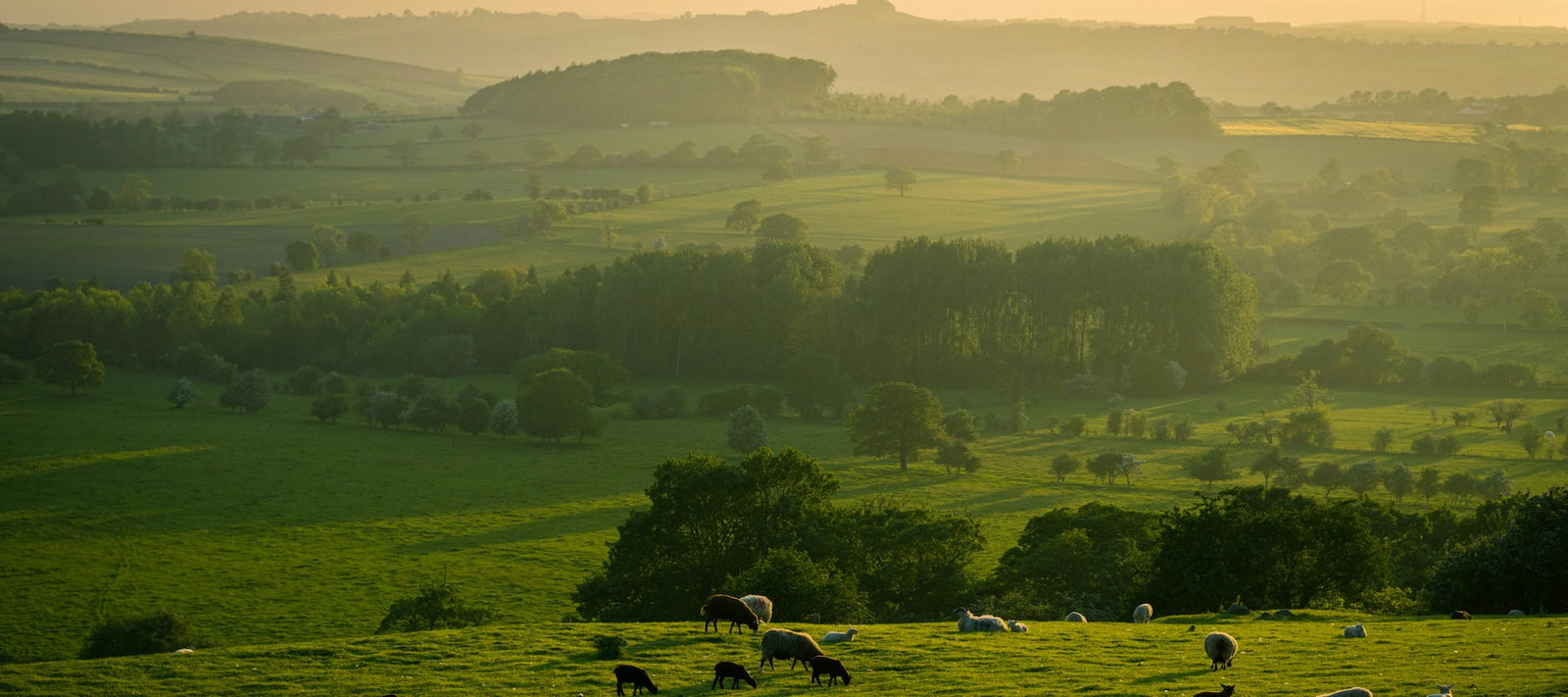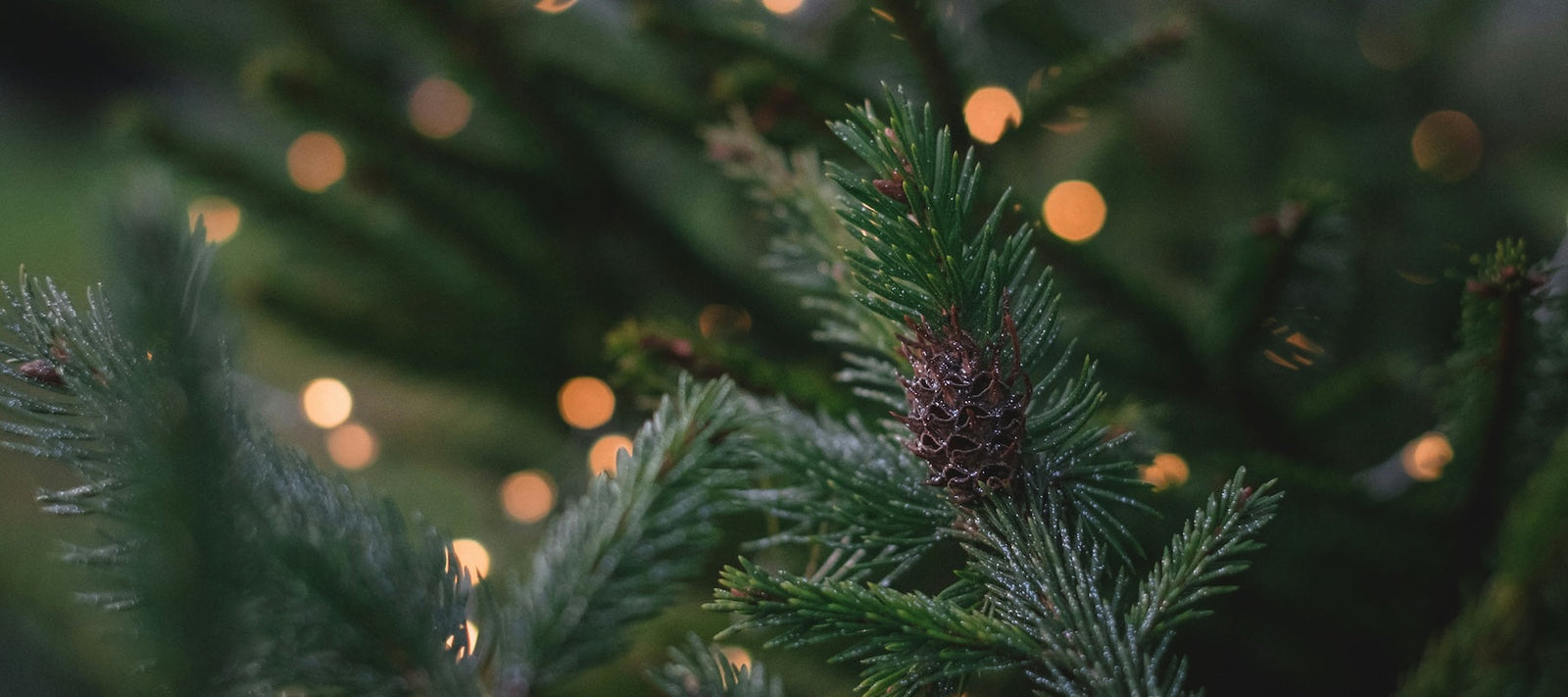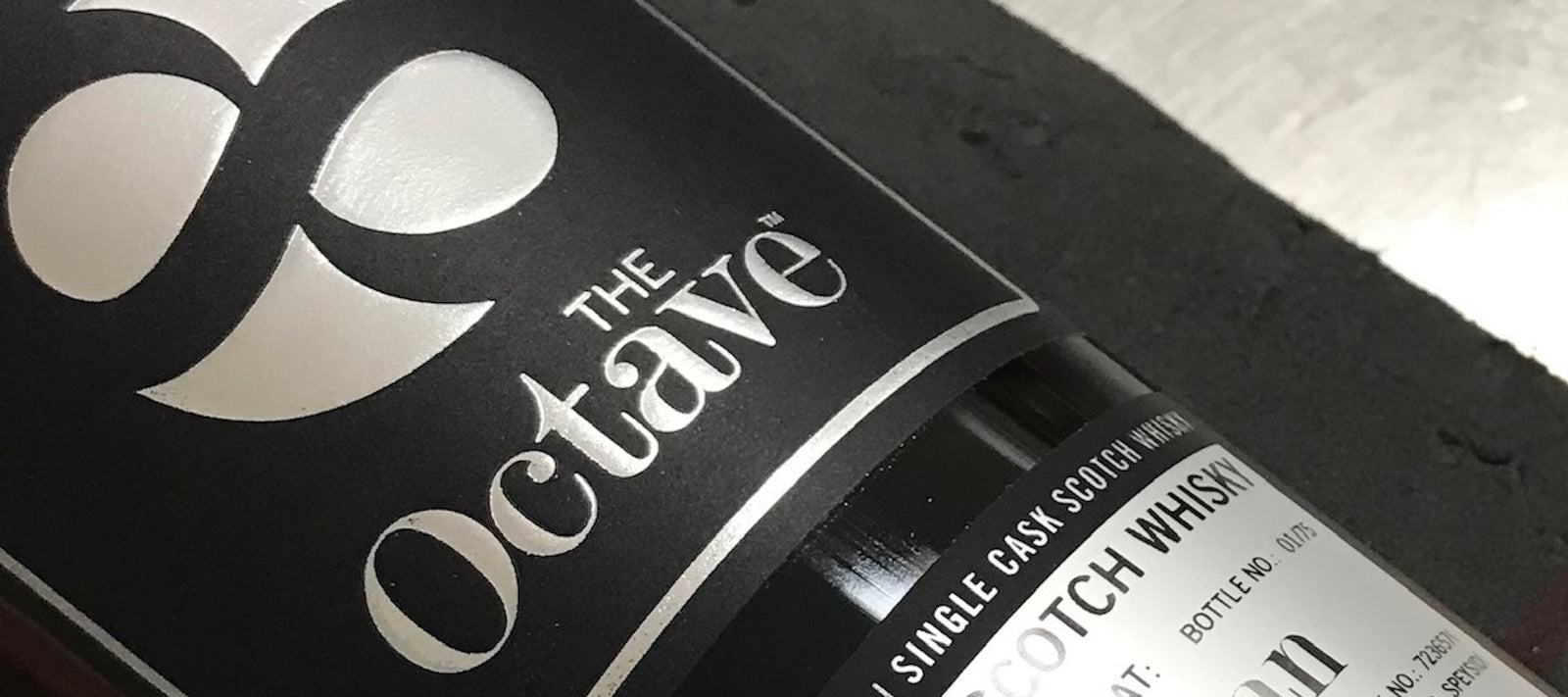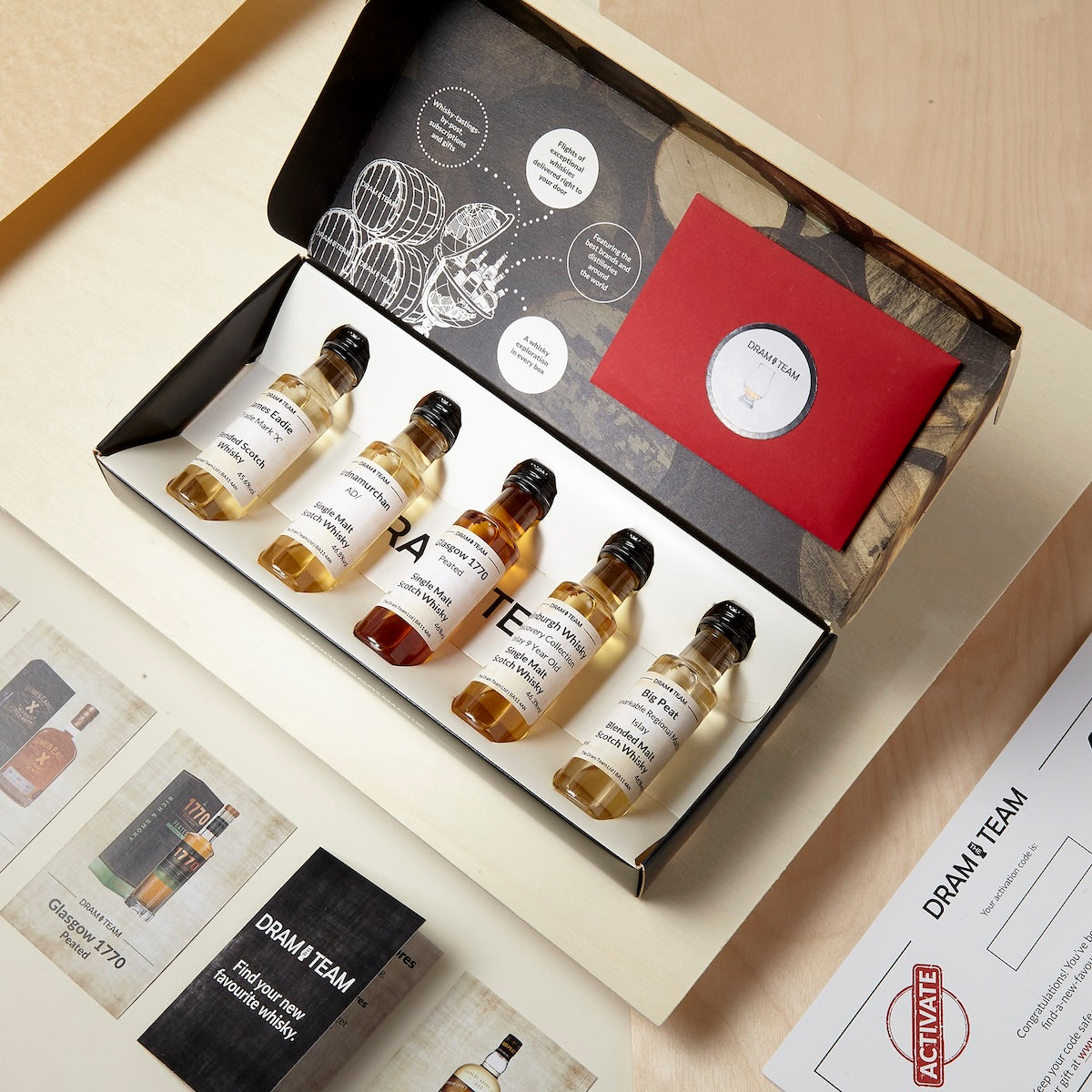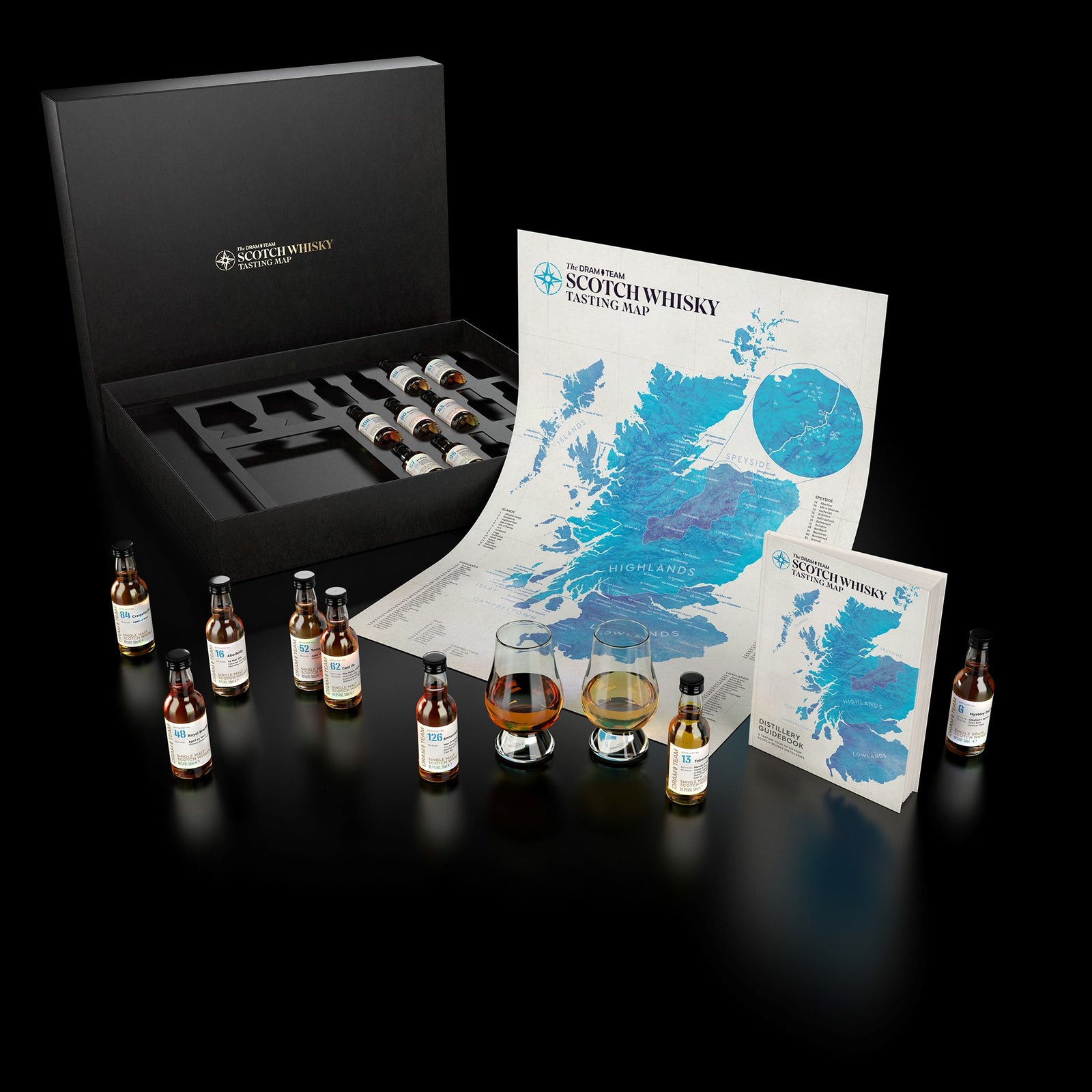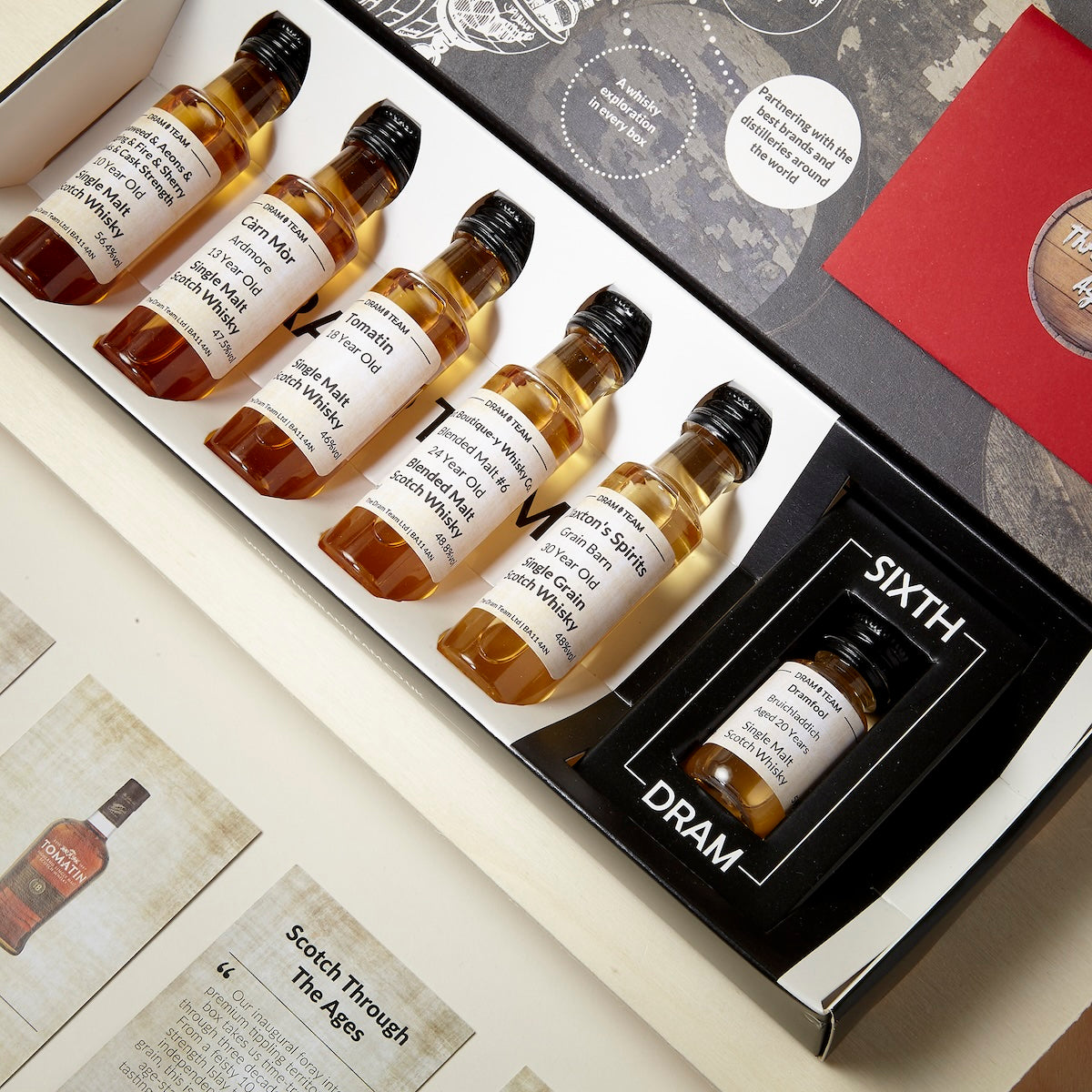Irish whiskey is flourishing. A host of new brands are doing great work, and producing excellent examples of both traditional Irish whiskey - and new takes on Irish whiskey. In this article, we thought we'd look back at a brief history of Irish whiskey.
The seed
The art of distillation was brought to Ireland by monks in the 12th century. It was likely brought over for making perfumes in the beginning. But those clever monks soon found a better use for the new-found technology. And, they were cutting edge for their time, with Irish whiskey being one of the first distilled spirits in Europe. The whiskey they were making was very different to what we'd know as whiskey today. It was usually drunk as a non-aged spirit flavoured with herbs like mint, thyme or anise.
The beginning
The first formally documented reference to whiskey was in the Annals of Clonmacnoise written in 1405. Unfortunately, it's not a happy reference. It appears the head of a clan somewhat over did it, and died from drinking too much 'aqua vitae' over Christmas.
As small stills increasingly popped up, regulation was brought in during 1556 to restrict the distillation of spirits. However, enforcing this throughout rural Ireland would have been near impossible. As in Scotland, many illicit stills would have continued to operate, supplying locals with whiskey.
About half a century later, King James I granted a licence to a local landowner in Bushmills, County Antrim. Recognise that place name? You'd be half right. The licence was granted for the Old Bushmills Distillery. The distillery known as Bushmills today was actually registered in 1784. But the name Bushmills certainly stretches into Irish whiskey history for centuries.
The middle
In an effort to raise more taxes, the Crown introduced taxes on whiskey production in 1661. So, all distilleries were meant to register their activities and pay taxes to the Crown. But, in a move that makes one scratch one's head, registration was voluntary. And, believe it or not, illicit distilling continued. In the years that followed, legally-distilled whiskey was known as "parliament whiskey". Illegally-distilled whiskey was known as "Poitín", which means 'small pot' in Gaelic.
Demand for Irish whiskey grew throughout the 18th century. As demand grew, some less-than-scrupulous distillers prioritised quantity over quality. Government responded in 1779 by restricting, or defining, the ingredients that could be used to make Irish whiskey. Only malt, grain, potatoes or sugar could be used.
By the beginning of the 19th century, Ireland was the biggest market for spirits in the UK. Impressive when you compare population sizes. By 1823, Dublin had the five largest distilleries in the UK, and at one point the largest in the world, producing almost 10 million gallons a year.
The near end
However, Irish whiskey entered a period of decline in the 20th century. In addition to changing tastes, trade wars between Ireland and Britain and prohibition in the US stifled exports. The number of (legal) distilleries dropped from 28 in 1887 to just a handful by the 1960s. In 1966, three of the remaining distilleries, Jameson, Powers and Cork Distillers, combined and formed the new group Irish Distillers. They were joined by Bushmills in 1972. So by the mid 1970s, whiskey making in Ireland was reduced to the Irish Distillers group, based out of their Midleton and Bushmills distilleries.
And a new beginning
Happily, Irish whiskey has now benefited from a couple of decades of growth. Today, the industry is renewed, diversified, and vibrant once again. There are many great names, small and large, producing excellent Irish whiskies. You can find out more about these exciting Irish whiskey brands here. And you can try a selection of their whiskies in our latest tasting set, our Irish Whiskey Edition.
Further reading
For a far more detailed history of Irish whiskey, look up Peter Mulryan's excellent book "The Whiskeys of Ireland".

